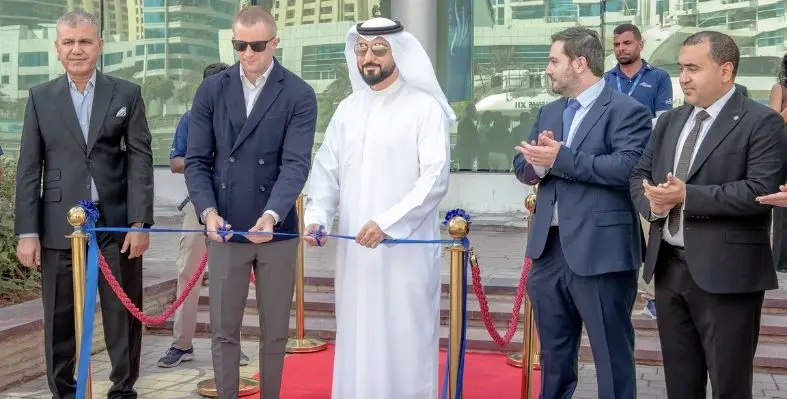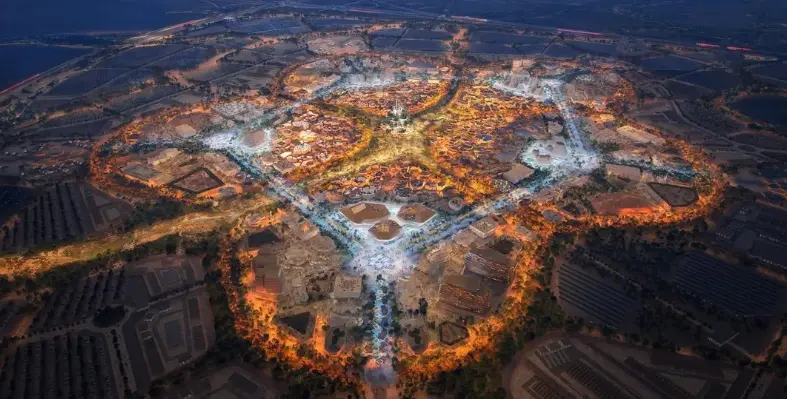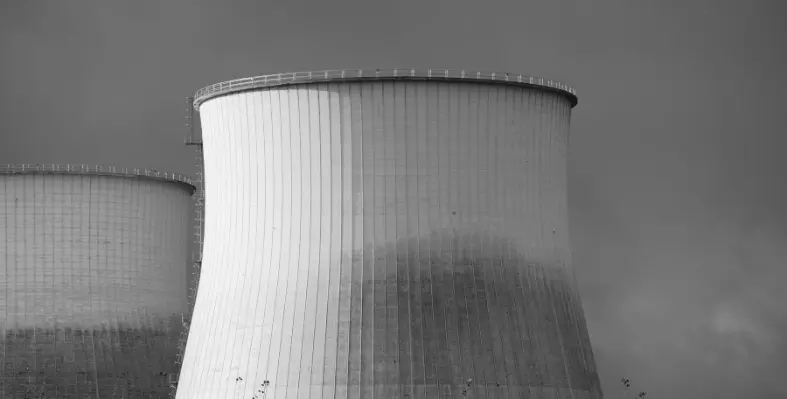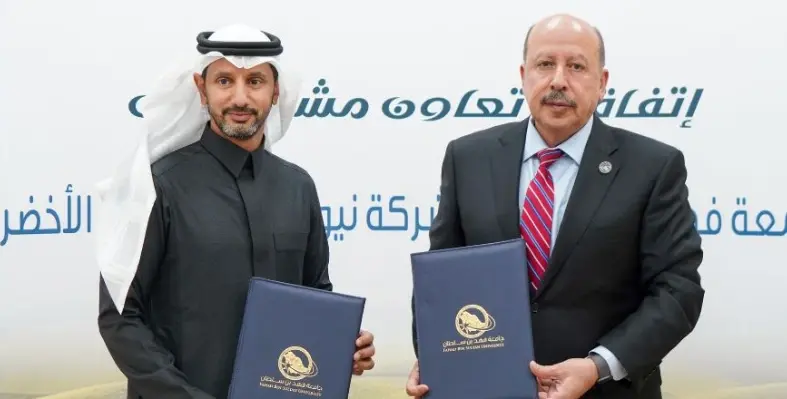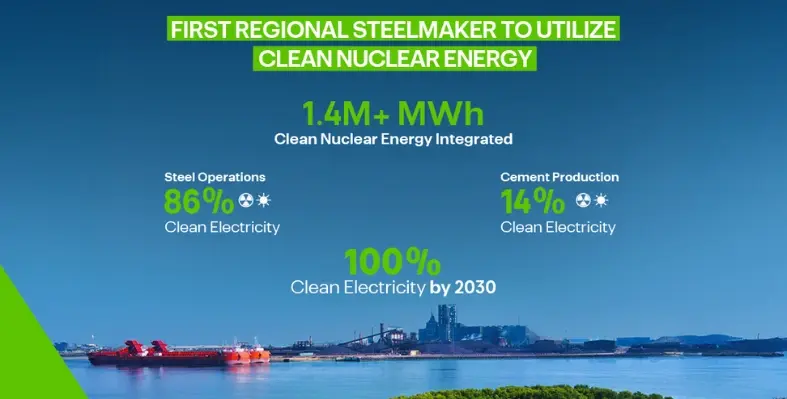Emaar Hospitality Group, in partnership with Lootah Biofuels, has launched a sustainable yacht fuel initiative at Dubai Marina Yacht Club (DMYC) and Creek Marina Yacht Club (CMYC), marking one of the first such efforts in the GCC’s leisure marine sector.
The initiative positions both DMYC and CMYC among the region’s early adopters of bio yacht fuel solutions for recreational vessels, reinforcing Emaar’s commitment to practical sustainability and supporting the UAE Net Zero 2050 vision.
Under the collaboration, the marinas will supply Sustainable Bio Yacht Fuel (SBYF) produced by Lootah Biofuels. The fuel is made from recycled cooking oil collected from hotels, residences, and Emaar’s integrated developments. This circular process converts waste oil into marine-grade biofuel, offering yacht owners a lower-carbon alternative directly at their home marinas.
The rollout of SBYF will follow a phased approach to ensure consistent fuel quality, logistical reliability, and long-term sustainability across marina operations. Yacht owners and club members will have access to the fuel at dedicated refuelling points, providing both convenience and a tangible step toward more environmentally friendly marine leisure activities.
By introducing SBYF across its Marina portfolio, Emaar is taking a locally focused approach to decarbonisation, emphasising actionable solutions over broad claims. The collaboration demonstrates how circular economy principles can be applied to Emaar’s hospitality, leisure, and marine operations.
Lootah Biofuels, a UAE-based company specialising in biodiesel blends derived from used cooking oil, will manage the collection, processing, and supply of SBYF to the marinas. Its biofuel solutions have shown meaningful reductions in carbon emissions compared with conventional marine fuels.
In the initial phase, sustainable fueling will operate on a scheduled basis, with potential expansion depending on demand and adoption. The initiative is expected to make a measurable contribution to reducing CO₂ emissions from leisure marine activities in the UAE.







